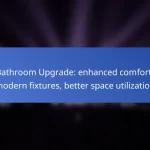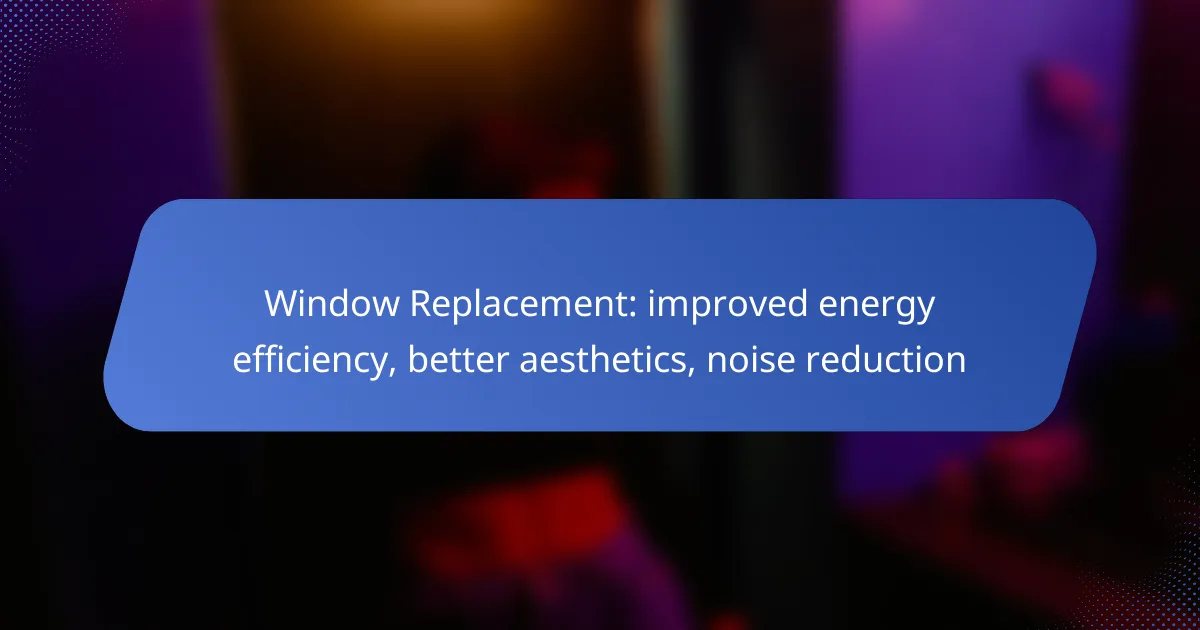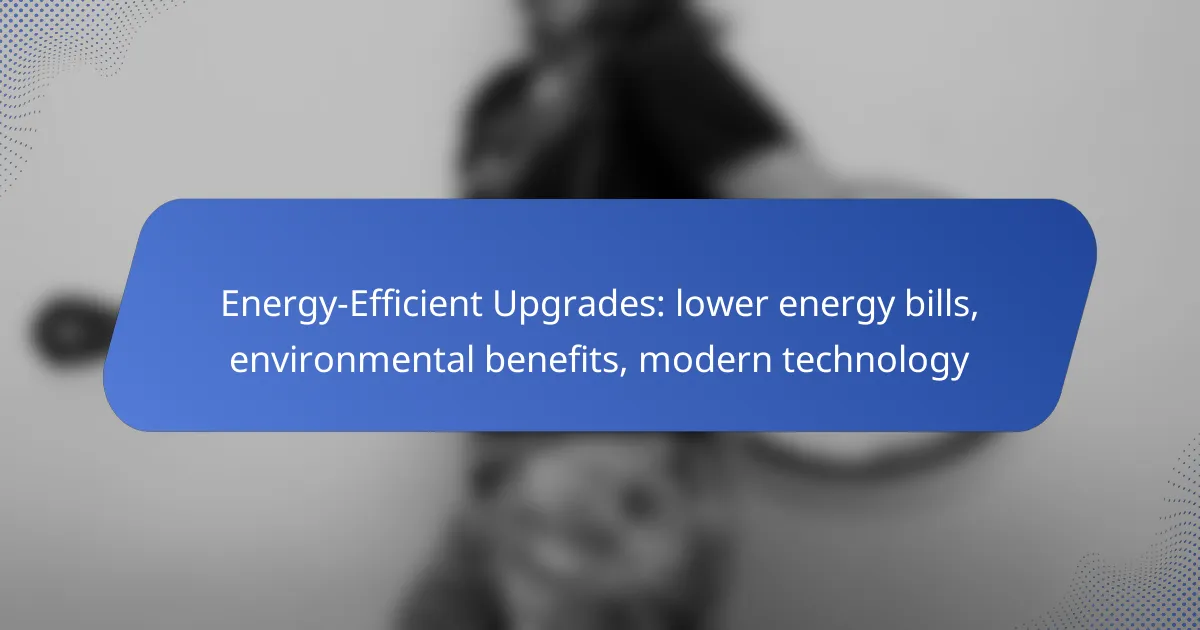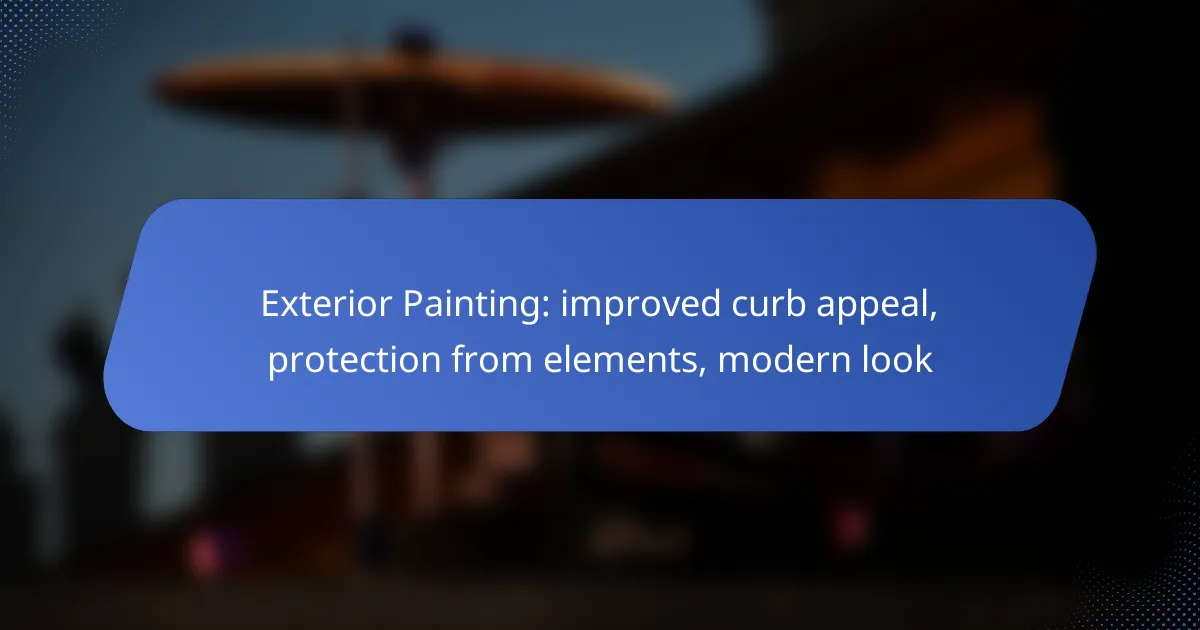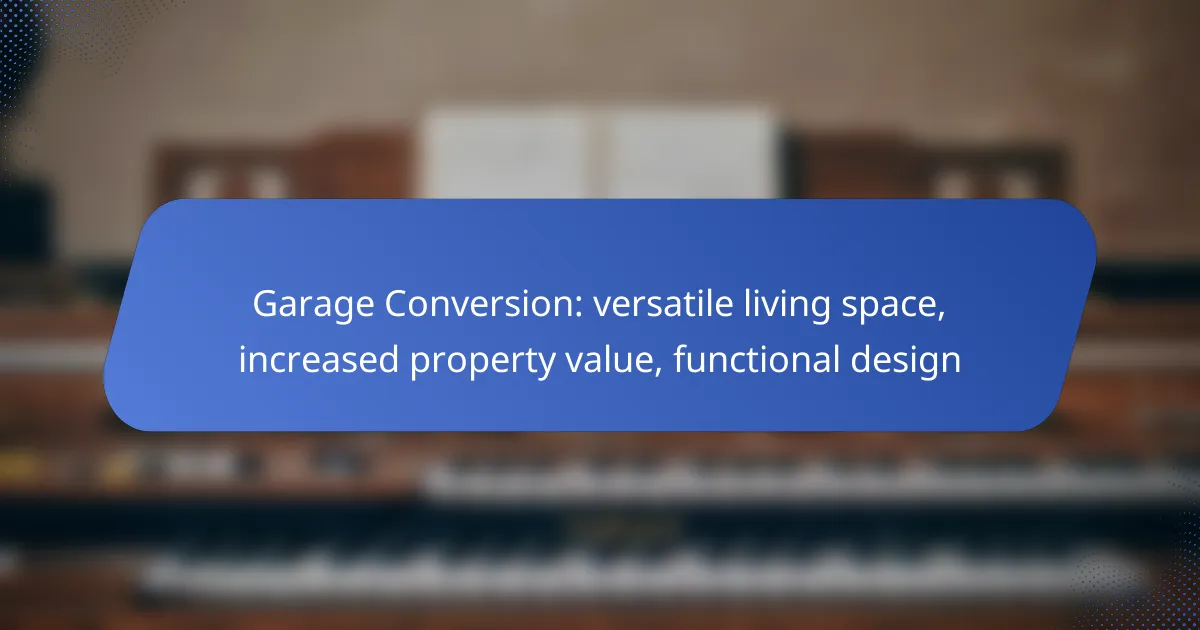Replacing windows is a valuable investment that can dramatically improve energy efficiency, reduce noise pollution, and enhance the aesthetic appeal of your home. By upgrading to modern windows, homeowners can enjoy lower energy bills, a more comfortable living environment, and a fresh, inviting appearance. Additionally, advanced materials used in new windows effectively block sound, creating a quieter and more peaceful space.
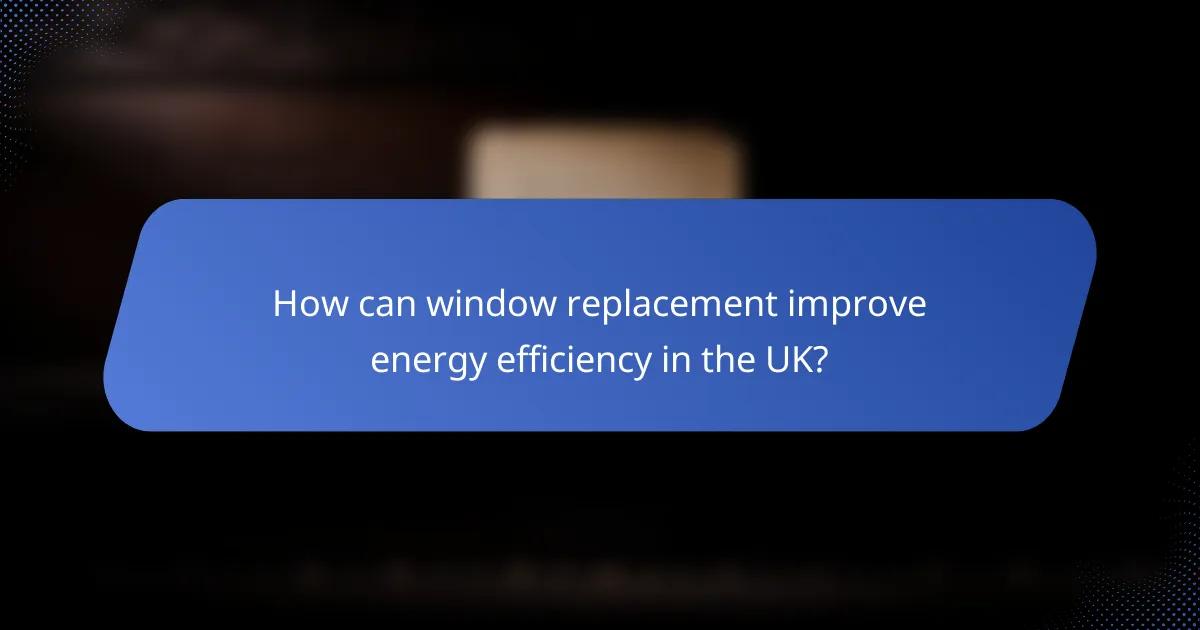
How can window replacement improve energy efficiency in the UK?
Window replacement can significantly enhance energy efficiency in the UK by reducing heat loss and improving insulation. Upgrading to modern windows can lead to lower energy bills and a more comfortable living environment.
Low-E glass technology
Low-E (low emissivity) glass technology works by reflecting heat back into the room while allowing natural light to enter. This type of glass has a special coating that minimizes the amount of infrared and ultraviolet light that passes through, helping to maintain a stable indoor temperature.
When considering Low-E glass, look for products that meet UK standards for energy efficiency. These windows can reduce heating costs by up to 30%, making them a worthwhile investment for homeowners.
Insulated frames
Insulated frames are designed to minimize heat transfer, enhancing the overall energy efficiency of windows. These frames are typically made from materials like uPVC or wood, which provide better insulation compared to traditional aluminum frames.
When selecting insulated frames, check for thermal performance ratings. Frames with a high insulation value can significantly reduce drafts and improve comfort, especially during colder months in the UK.
Energy Star-rated windows
Energy Star-rated windows meet strict energy efficiency guidelines set by the UK government. These windows are tested for their ability to reduce energy consumption and greenhouse gas emissions, making them an eco-friendly choice.
Choosing Energy Star-rated windows can lead to substantial savings on energy bills, often ranging from 10% to 20%. Look for the Energy Star label when shopping for windows to ensure you are making an efficient choice for your home.
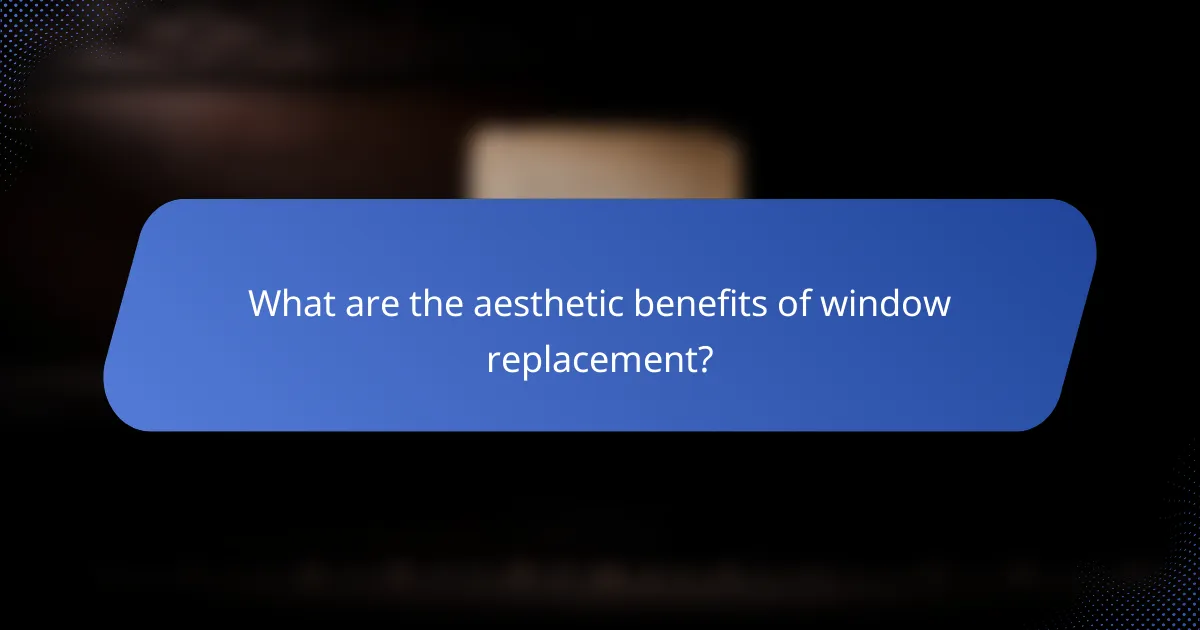
What are the aesthetic benefits of window replacement?
Window replacement offers significant aesthetic benefits, enhancing both the interior and exterior appearance of a home. New windows can transform the look of a property, making it more inviting and modern while also improving overall energy efficiency.
Modern design options
Today’s window replacement market features a variety of modern design options that cater to diverse architectural styles. Homeowners can choose from sleek, minimalist frames to classic, ornate designs, ensuring a perfect match for their home’s character. Popular materials include vinyl, fiberglass, and aluminum, each offering unique visual appeal and durability.
Energy-efficient glass options, such as double or triple glazing, not only improve insulation but also contribute to a contemporary aesthetic. Low-profile frames maximize the view while minimizing visual clutter, making spaces feel larger and brighter.
Customizable styles
Window replacement allows for extensive customization, enabling homeowners to select styles that reflect their personal taste. Options range from traditional double-hung and casement windows to more modern sliding or picture windows. Custom sizes and shapes can be ordered to fit unique openings, ensuring a seamless integration with the home’s design.
Color choices and finishes further enhance personalization. Many manufacturers offer a variety of colors and textures, allowing homeowners to match their windows with existing exterior paint or siding, creating a cohesive look.
Enhanced curb appeal
Replacing old windows can dramatically boost a home’s curb appeal, making it more attractive to visitors and potential buyers. Fresh, modern windows can elevate the overall aesthetic of a property, often resulting in a higher market value. Well-chosen window styles can complement landscaping and architectural features, creating a harmonious exterior.
Investing in quality window replacement not only improves aesthetics but can also lead to energy savings and reduced maintenance costs. Homeowners should consider the long-term benefits of enhanced curb appeal, especially in competitive real estate markets.
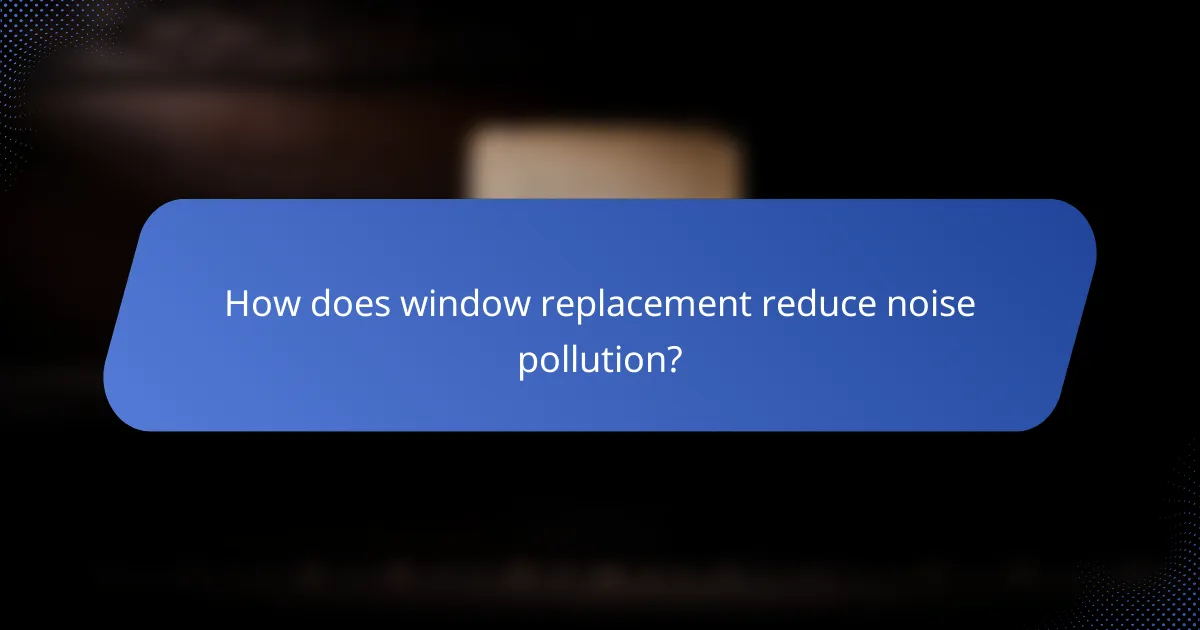
How does window replacement reduce noise pollution?
Window replacement can significantly reduce noise pollution by utilizing advanced materials and technologies that block sound waves. Newer windows are designed to create a barrier against external noise, enhancing comfort in residential and commercial spaces.
Soundproof window technology
Soundproof window technology involves specialized designs that minimize sound transmission. These windows often feature thicker glass and air gaps that absorb sound waves, making them more effective than standard windows.
When selecting soundproof windows, look for products that meet or exceed industry standards for sound transmission class (STC) ratings. Higher STC ratings indicate better soundproofing capabilities, with effective options typically ranging from 30 to 50 STC.
Triple glazing advantages
Triple glazing consists of three panes of glass separated by insulating gas, providing superior noise reduction compared to double or single glazing. This additional layer creates a more effective barrier against sound, making it ideal for homes in noisy environments.
While triple glazing can be more expensive upfront, the long-term benefits include improved energy efficiency and a quieter indoor atmosphere. Consider this option if you live near busy roads or airports, where noise levels are consistently high.
Acoustic window seals
Acoustic window seals are designed to enhance the soundproofing capabilities of windows by preventing sound leakage around the edges. These seals are typically made from high-quality materials that provide a tight fit, reducing the amount of noise that enters through gaps.
When replacing windows, ensure that acoustic seals are installed properly to maximize their effectiveness. Regular maintenance, such as checking for wear and tear, can help maintain their soundproofing performance over time.

What factors should be considered when selecting replacement windows?
When selecting replacement windows, consider material types, energy efficiency ratings, and local building regulations. Each factor plays a crucial role in ensuring that your new windows meet your needs for performance, aesthetics, and compliance with local standards.
Material types
Window materials significantly impact durability, maintenance, and insulation. Common options include vinyl, wood, aluminum, and fiberglass. Vinyl is popular for its affordability and low maintenance, while wood offers aesthetic appeal but requires more upkeep.
When choosing a material, consider your climate. For instance, fiberglass performs well in extreme temperatures, while aluminum may not provide adequate insulation in colder regions.
Energy efficiency ratings
Energy efficiency ratings are essential for understanding how well windows will perform in terms of insulation and energy savings. Look for windows with a low U-factor, which indicates better insulation, and a high Solar Heat Gain Coefficient (SHGC) for warmer climates.
Energy Star certification is a reliable indicator of efficiency. In the U.S., Energy Star windows can reduce energy bills by 7-15%, depending on your location and existing window conditions.
Local building regulations
Local building regulations dictate specific requirements for window installations, including energy performance standards and safety codes. Check with your local building authority to ensure compliance with these regulations before making a purchase.
Some regions may have incentives for energy-efficient windows, so inquire about any available rebates or tax credits that can offset costs. Understanding these regulations can help you avoid costly mistakes and ensure a smooth installation process.
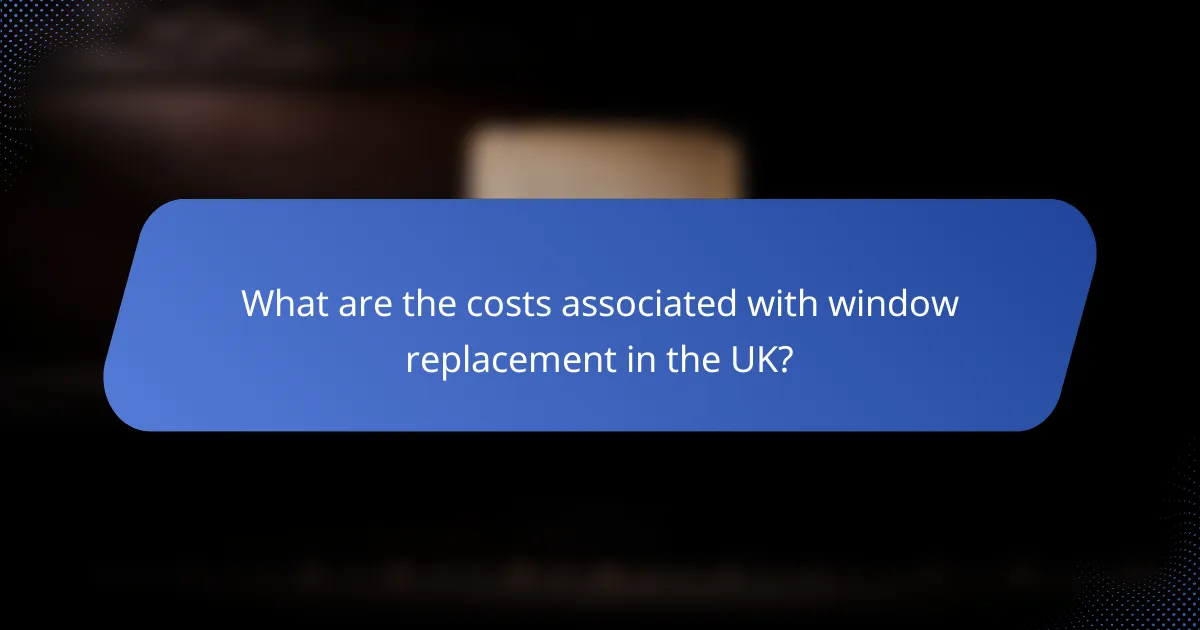
What are the costs associated with window replacement in the UK?
The costs of window replacement in the UK can vary widely based on factors like window type, materials, and installation complexity. Homeowners should expect to spend anywhere from a few hundred to several thousand pounds, depending on their specific needs and choices.
Average installation costs
The average installation costs for window replacement in the UK typically range from £300 to £1,000 per window. This price can fluctuate based on the type of window chosen, such as uPVC, timber, or aluminium, as well as the complexity of the installation process.
For larger projects, like replacing multiple windows, some companies may offer discounts or package deals. It’s advisable to obtain multiple quotes from different contractors to ensure competitive pricing and quality service.
Long-term savings on energy bills
Replacing old windows with energy-efficient models can lead to significant long-term savings on energy bills. Homeowners can expect to save around 10-25% on heating costs, depending on the efficiency of the new windows compared to the old ones.
Investing in double or triple-glazed windows can further enhance energy efficiency, reducing heat loss and minimizing the need for heating. Over time, these savings can offset the initial costs of window replacement, making it a financially sound decision.




